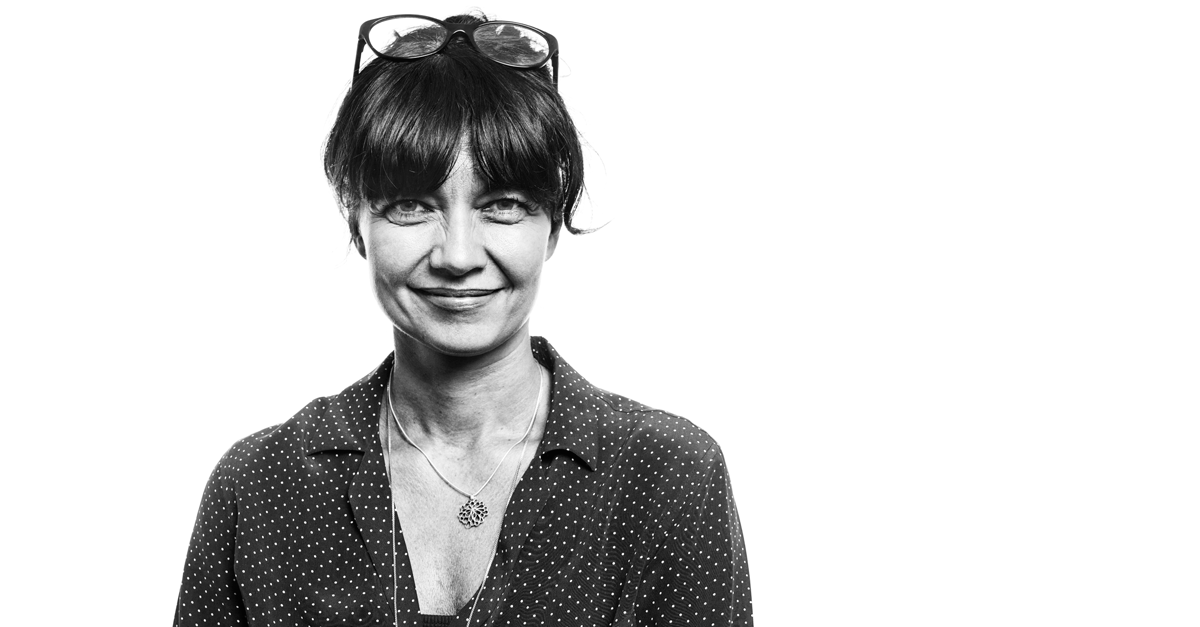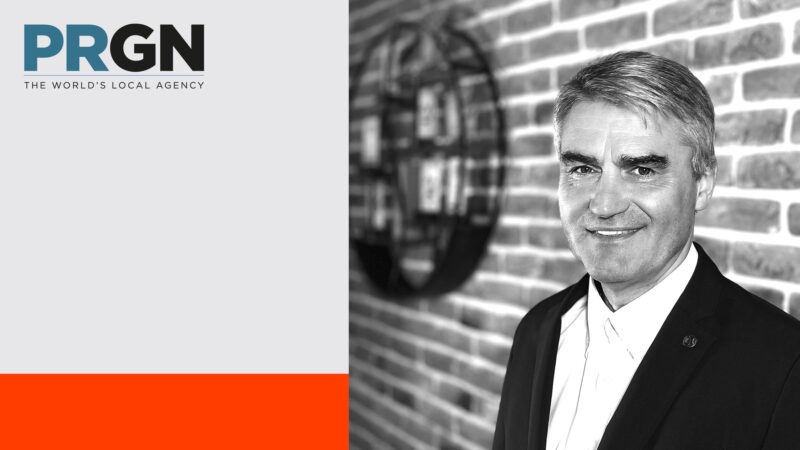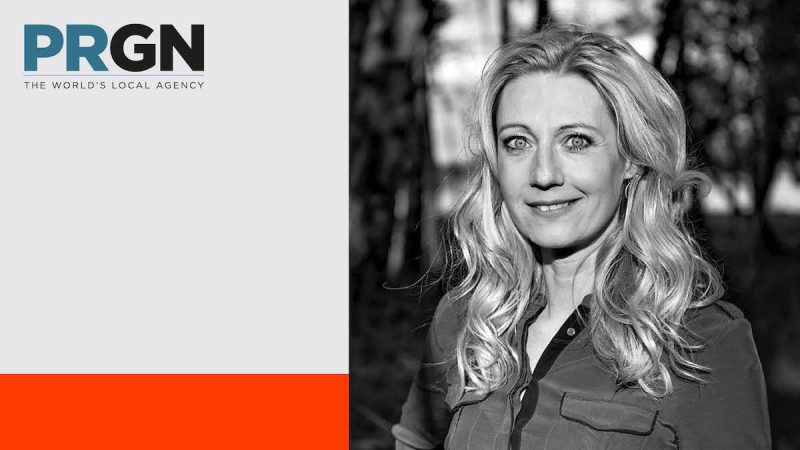If Rutger Bregman is right, we are doomed

Author Rutger Bregman is primarily known for three things:
1) He is the author of the best-selling Humankind: A Hopeful History, in which the main thesis is that humans are fundamentally good, or at least okay.
2) He is a strong advocate of a global basic income.
3) He flipped the bird at the World Economic Forum in Davos in 2019, accusing participants of fiddling with charity when they should be digging deep into the fundamental issues of justice and inclusion, namely, taxation. ” The Dutch Historian, who savaged the Davos Elite”, he was described as. There was no further invitation to the 2020 Forum.
But there was to Finland in 2022.
Bregman was in Finland last week to speak at the Nordic Business Forum, where I had the chance to interview him. Lately, Bregman has been writing about heroes and radicals. A hero, he says, is a person who just happens to be there and performs a heroic act. For example, someone who walks past a drowning person and saves them. According to Bregman, almost all of us are heroes at heart: when the going gets tough, we behave in a graceful and even heroic way towards our fellow humans. Heroism is something that happens to us. Radicalism, on the other hand, is a choice. A radical is a person with a plan. Where a hero is a captivating person we admire, a radical is defiant and insufferable. Where the hero defends the permanent, the radical changes the world.
According to Bregman, we need more radicals. I agree. We need those who are not afraid to proclaim that the emperor has no clothes, who make us see things differently and thus also envision a different future. We need to dig deep and find this in ourselves too. The road to change is bumpy and difficult, with adversity, letting go of things and uncertainty on the horizon. And yet we must dare to go forward. We need radicalism to reform society and to make business sustainable, both humanely and socially.
We need those who are not afraid to proclaim that the emperor has no clothes, who make us see things differently and thus also envision a different future.
However, in the interview, Bregman said that people over 30 are no longer in a position to change their lives. The idea seems to be that values have become so entrenched that big changes cannot be made. Life is set in its ways, and even if those ways are unsustainable, e.g. in the face of the climate crisis, there is no desire to change: you can no longer evoke your own radicalism.
Fortunately, Bregman is wrong: radicalism and the capacity for change are not a matter of age.
It is tempting to think that radicalism is part of youth and that resistance to change is part of growing old. Unfortunately, however, succumbing to complacency is easy for people of all ages. In his lecture, Esa Saarinen beautifully describes the trench runner, a person who has become a prisoner of his own habits and thoughts and who follows the same path, eventually losing sight of the rest of the landscape and of alternative ways of thinking or acting.
Hannah Arendt describes entrenched thinking as frozen thoughts, deeply rooted ideas and principles we have created long ago and no longer question. Smug confidence in such accepted ‘truths’ is associated with thoughtlessness. They are a kind of automation, a computer program. The reflection needed to get beyond such frozen ideas is, according to Arendt, critical thinking. Frozen thinking leaves no room for curiosity. Frozen thinking resists change.
Those paradigms will never evolve for some, but for those who undergo a personal revolution, they will change. Curiosity is the driving force behind this revolution. The curious want to know; knowledge gives rise to experience and motivation to act, and action gives rise to new and better ways, innovations and ideas. Great innovations are not born from answers but from questions: from curiosity. Curiosity is, therefore, at the heart of radicalism. We are in trouble if the over-30s cannot undertake this personal revolution. With around half of the world’s population over 30, finding the radical in their back pockets is essential to changing the world for the better, more sustainable and more just.
The curious want to know; knowledge gives rise to experience and motivation to act, and action gives rise to new and better ways, innovations and ideas.
Fortunately, all is not lost. While Greta Thunberg is putting a face to climate anxiety, there is also a lot happening elsewhere. Change is not a generational issue. For years, Larry Fink (69), CEO of BlackRock, the world’s largest investment firm, has been pushing traders toward more responsible business, saying that if they do not contribute to the common good, meaning, it is pointless to expect investment. Paul Polman (66), an ex-Unilever executive, spent his entire tenure leading Unilever towards a more responsible, net-positive business. Today, Paul Polman is Chairman of the Board of IMAGINE and one of its founders. The company’s mission is to bring together CEOs and companies from different industries to drive a massive social and environmental change movement together. A kind of corporate Elokapina, Extinction Rebellion Finland.
Rebecca Henderson teaches younger generations at Harvard to re-create capitalism more sustainably and responsibly. Patagonia founder Yvon Chouinard (83) practically donated his company to the planet, declaring that the Earth is the sole shareholder and purpose of the company.
The capacity for change is not a matter of age but of practice, and it starts with wonder; with a curious attitude.
Rutger Bregman himself is 34 years old. We discussed radicalism and what might be today’s “slavery” to us: a thing that exists, that can even be a bit of a nuisance, but that most of us do not rise up against. Bregman mentioned the treatment of animals concerning meat-eating and exploitation. When I asked if he was a vegan, he said he was, pressured by his mother. Even by a conservative estimate, Bregman’s mother is in her fifties. And a radical.



